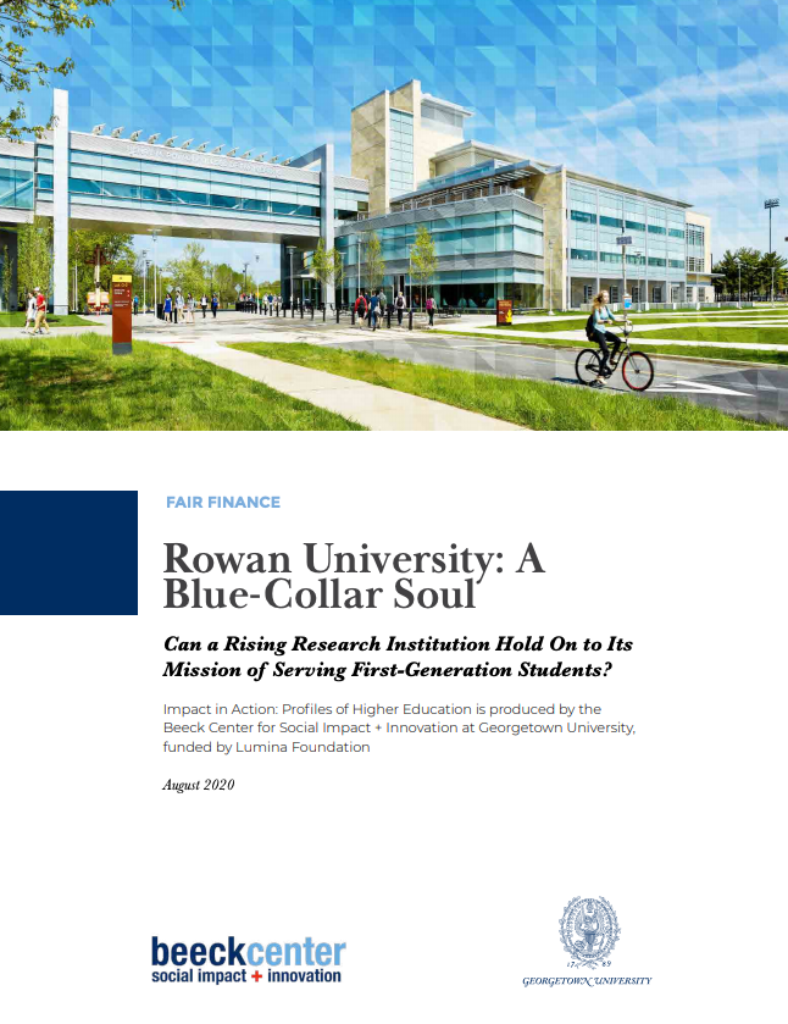A Conversation About The Future Of Online Learning
September 9, 2020– By Elizabeth MacBride
Rowan University was an early leader in online learning. In 2010, the second-tier state school in New Jersey launched a division that now enrolls 12,000 students annually. Over the past 10 years, online learning has generated more than $128 million for the university by serving both adults returning to college and younger students with more than 55 course offerings in fields such as education, health administration, business, criminal justice and public relations.

We sat down with Jeff Hand, Senior Vice President of Student Affairs, to ask him for his thoughts about how online learning is likely to evolve as the COVID-19 pandemic and its fallout continue.
Hand said once a higher-education institution goes online, it’s instantly up against every other online learning company or institution. As people retool for new and different jobs that may emerge after the pandemic, he said, the market is likely to change considerably. That shift to market responsiveness can be difficult for a higher education institution, he said — but Rowan is used to it. “We’re looking to morph along with those changes,” he said.
What has been the key to Rowan’s success so far?
We were founded as a teaching school. Pedagogy and curriculum is important in everything we do. As we had to move students online this spring, we had our quality standards already in place.
You’ve said one of the drivers for Rowan to start online learning was to keep costs low for non-traditional students. How low are they?
They’re about $460 per credit hour. We took out the fees that on-campus students pay for things like the Student Union and facilities fees. (Online students are allowed to use the Student Union, but they’re not charged). It’s about two-thirds the cost of in-state, on-campus tuition by credit hour.
How many New Jersey vs. out-of-state students are there online?
On campus, about 96% of our students are from New Jersey. Online, it’s 80%. You see, you’re competing with everyone. You have to be really good.
Given the financial pressures on students, families and the university itself are likely to face next year, will the pricing change?
We have committed to keeping tuition the same. We’re looking to expand student aid, to make it available to online students. We are also in discussions with financial technology companies, to offer students a way to finance their education by agreeing to pay back the cost of tuition after they start working.
Rowan would essentially extend them credit while they’re taking classes, and get paid later?
Yes.
